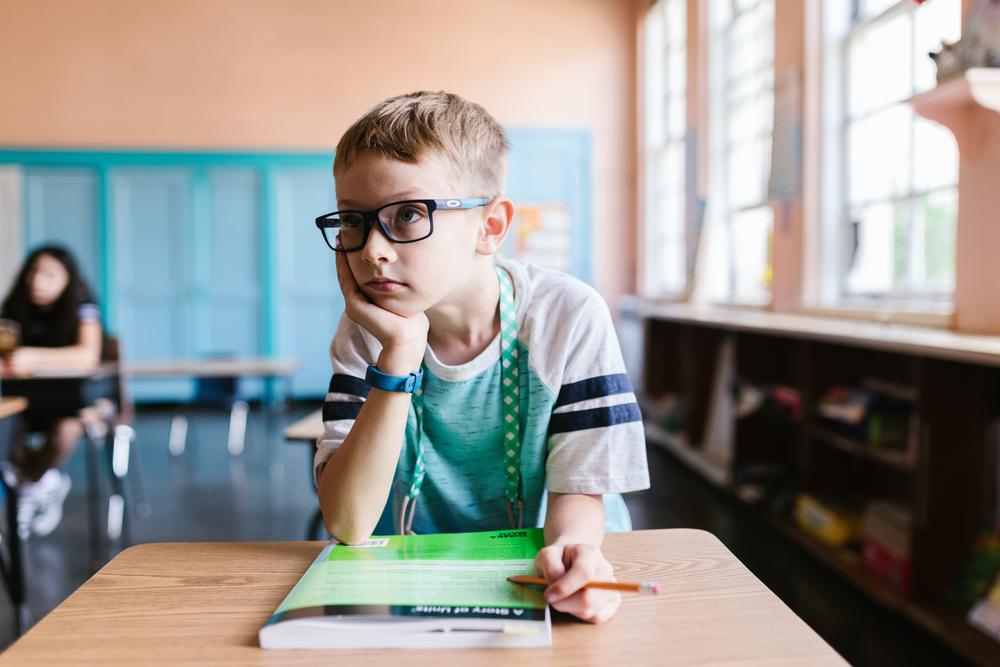
Caption
Data from the Kaiser Family Foundation says only 42% of the population's mental health needs are met in Georgia — and that includes schoolchildren's.
Credit: Pexels
|Updated: September 15, 2022 9:42 PM
LISTEN: The organization Mental Health America says Georgia ranks 48th in the nation for equitable access to mental health care. Now, in the third year of the COVID pandemic, that issue is a big problem for kids. But, as GPB’s Ellen Eldridge reports, school-based care could help close the access gap.

Data from the Kaiser Family Foundation says only 42% of the population's mental health needs are met in Georgia — and that includes schoolchildren's.
Jessica Prescott says she’s ready to find a therapist for her now 5-year-old son.
His baby brother was born as COVID-19 cases appeared in Georgia, and the family isolated.
Just as things started to feel normal again, Prescott was diagnosed with colon cancer.
"Between the new sibling and my having cancer and now trying to tackle school, it's a lot," Prescott said. "And we suspect some anxiety and maybe depression."
Now, she said she feels overwhelmed by the thought that finding help for her son could be tough.
The Hopeful Futures Campaign estimates 67% of children with major depressive episodes in the last year did not receive treatment.
One of the driving factors contributing to this unmet need is a shortage of providers, particularly in areas with lower levels of income and education.
The Kaiser Family Foundation says Georgia has 89 Mental Health Care Health Professional Shortage Areas that leave more than 5 million people without services.
Kim Kauffman lives in the Midtown area so she imagines there should be a lot of resources available.
After more than a year of virtual high school, her daughter needed medication for anxiety-related behaviors.
"Pulling her hair — she would have huge bald spots," Kauffman said. "That is all better now. But, again, that's from a lot of businesses: psychiatry, medication tweaking, therapy, academic coaching."
Even with full health care coverage, Kauffman said finding help was tough. And expensive — because many providers did not accept insurance.
"And the reason is, it's not worth it to them," Kauffman said. "The reimbursement is terrible — what they have to go through to get reimbursed, they’re like, ‘No.’ So they deal pretty much in cash only."
Mental Health America President Schroeder Stribling said Medicaid expansion would help more families access counseling, but Georgia Gov. Brian Kemp continues to refuse Medicaid expansion.
So, Stribling instead suggests growing school-based behavioral health services.
"We also know that most youth who do receive mental health services do so at school," she said.
Data show Georgia has one school psychologist for every 6,390 students. The recommended ratio is 1 to 500.
Janna Williams-Pitts is a psychologist in Kennesaw who said school counselors help because they can identify behavioral changes in real time.
"Early intervention is incredibly helpful as chronic stress can lead to not only mental health conditions, but also physical health conditions as well," she said.
Williams-Pitts said that can teach kids the coping skills for stress, anxiety, and depression they need to become successful adults.
But that's only if schools can manage to provide counseling services in the first place.